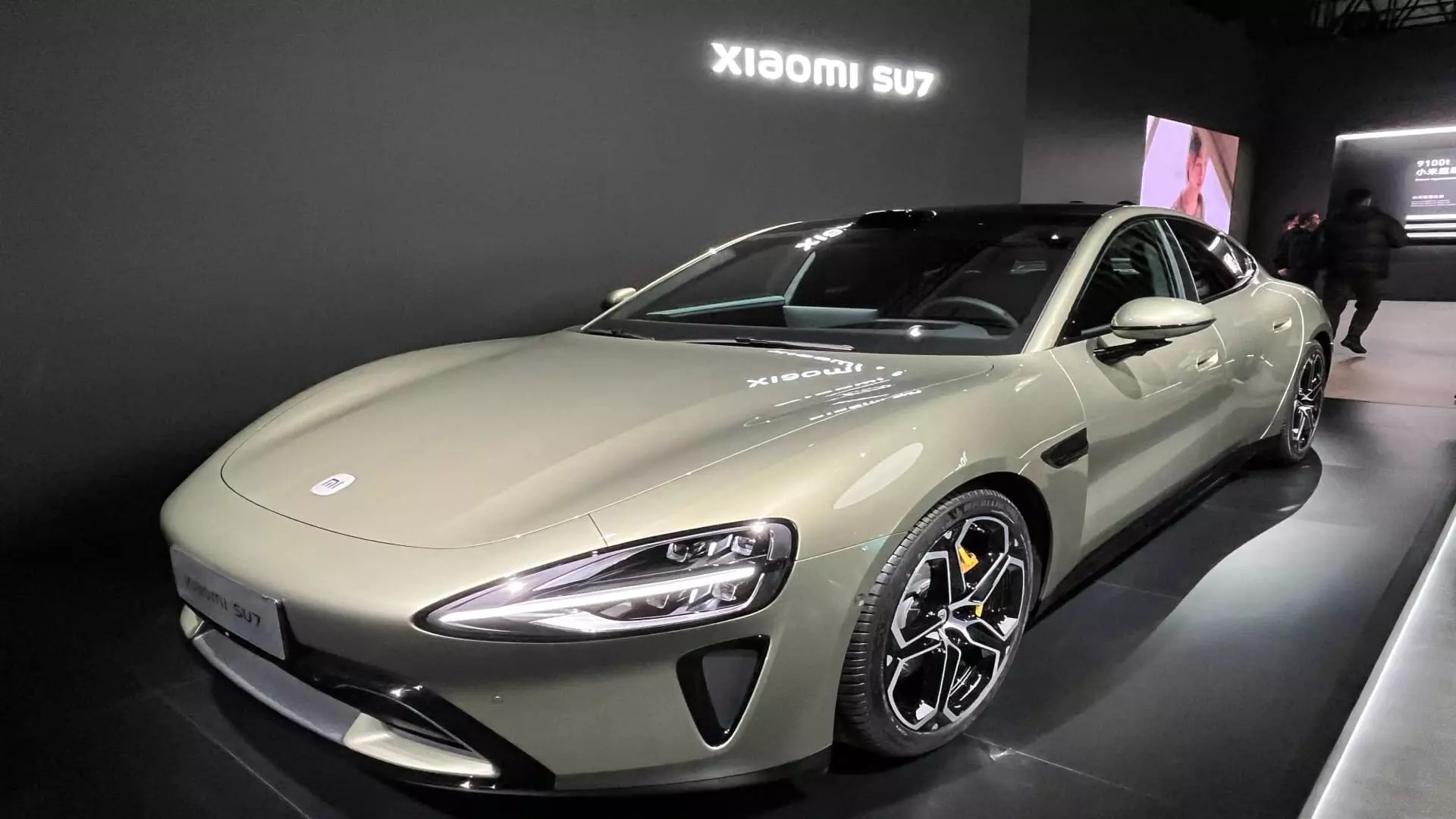TRENDING TAGS :
Electric Cars in India: A Promising Future with Present Challenges
While electric cars hold immense potential in India, several challenges like cost, infrastructure, and consumer mindsets need to be addressed for widespread adoption.
EV
Electric vehicles (EVs) are gaining traction globally as a sustainable alternative to gasoline-powered cars. However, India's journey towards mass EV adoption faces several challenges that need to be addressed.
The High Cost of Electric Cars
One of the biggest hurdles for EV adoption in India is the upfront cost. Currently, electric cars are significantly more expensive than their internal combustion engine (ICE) counterparts. This is primarily due to the high cost of lithium-ion batteries, a crucial component in EVs.
The high initial cost can be a deterrent for many potential buyers, especially considering the price-sensitive nature of the Indian car market. Government subsidies and tax breaks have helped bridge the price gap to some extent, but more needs to be done to make EVs financially accessible to a wider audience.
Limited Charging Infrastructure
Another significant challenge is the lack of adequate charging infrastructure across India. The current network of charging stations is sparse, particularly outside major cities. This creates a range anxiety for potential EV buyers, as they worry about finding charging points on longer journeys.
Investing in building a robust nationwide charging network, including both public and private charging stations, is crucial to fostering EV adoption. This infrastructure needs to be reliable, efficient, and conveniently located to address range anxiety and encourage people to switch to EVs.
Consumer Awareness and Perception
Consumer awareness about EVs and their benefits is still relatively low in India. Many potential buyers have misconceptions about the technology, range, and maintenance costs of EVs.
Public awareness campaigns and educational efforts are needed to address these misconceptions and highlight the advantages of EVs, such as lower running costs, environmental benefits, and government incentives.
The Road Ahead
Despite the challenges, India has the potential to become a major player in the EV market. The government has set ambitious targets for EV adoption, with a focus on increasing the penetration of electric two-wheelers and three-wheelers in the near future.
Several factors are working in favor of EV adoption in India. Rising fuel prices, growing environmental concerns, and increasing government support are creating a more conducive environment for EVs.
Collaboration between the government, private sector, and automakers is crucial to overcome the present challenges. By focusing on cost reduction, infrastructural development, and consumer education, India can pave the way for a more sustainable future with electric vehicles at the forefront.



